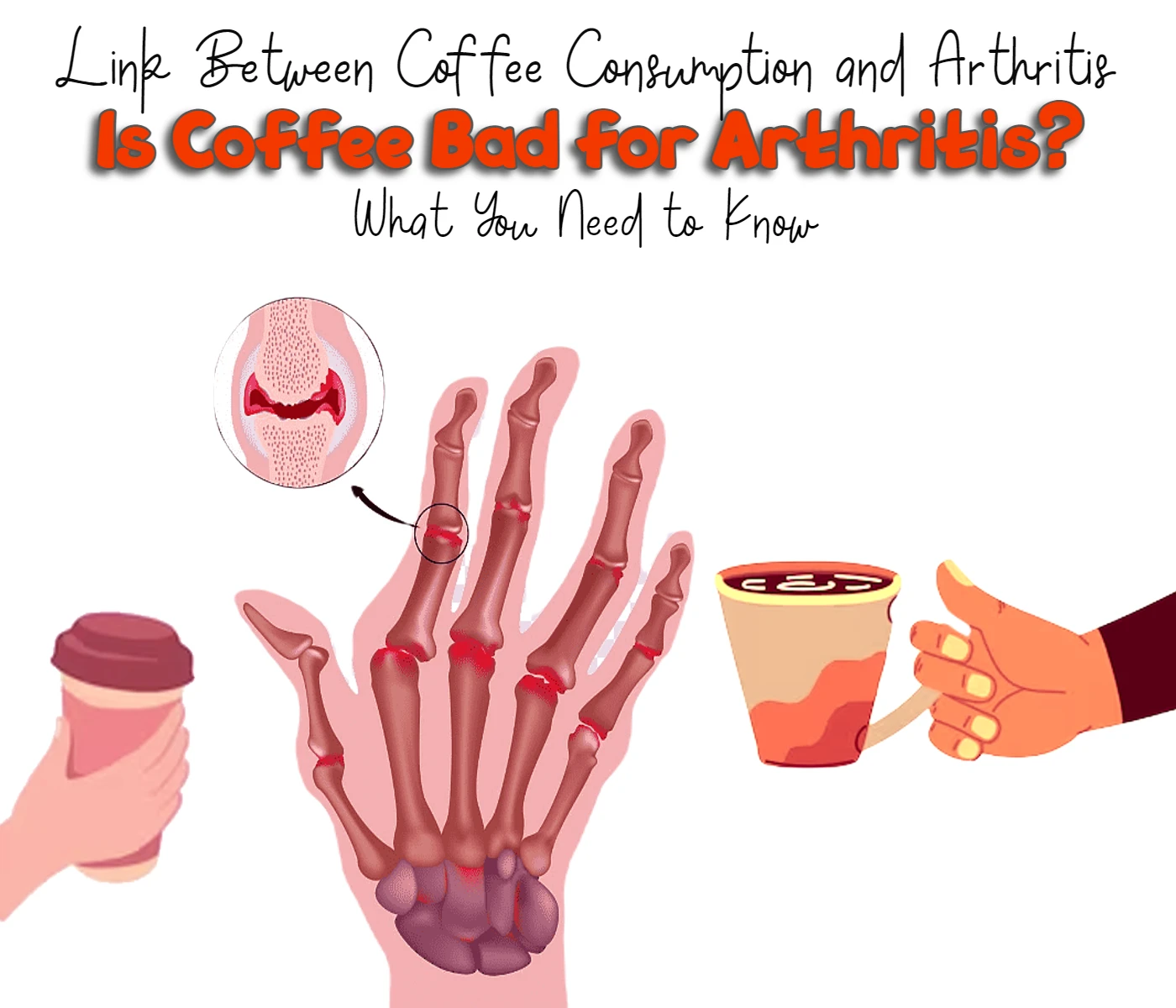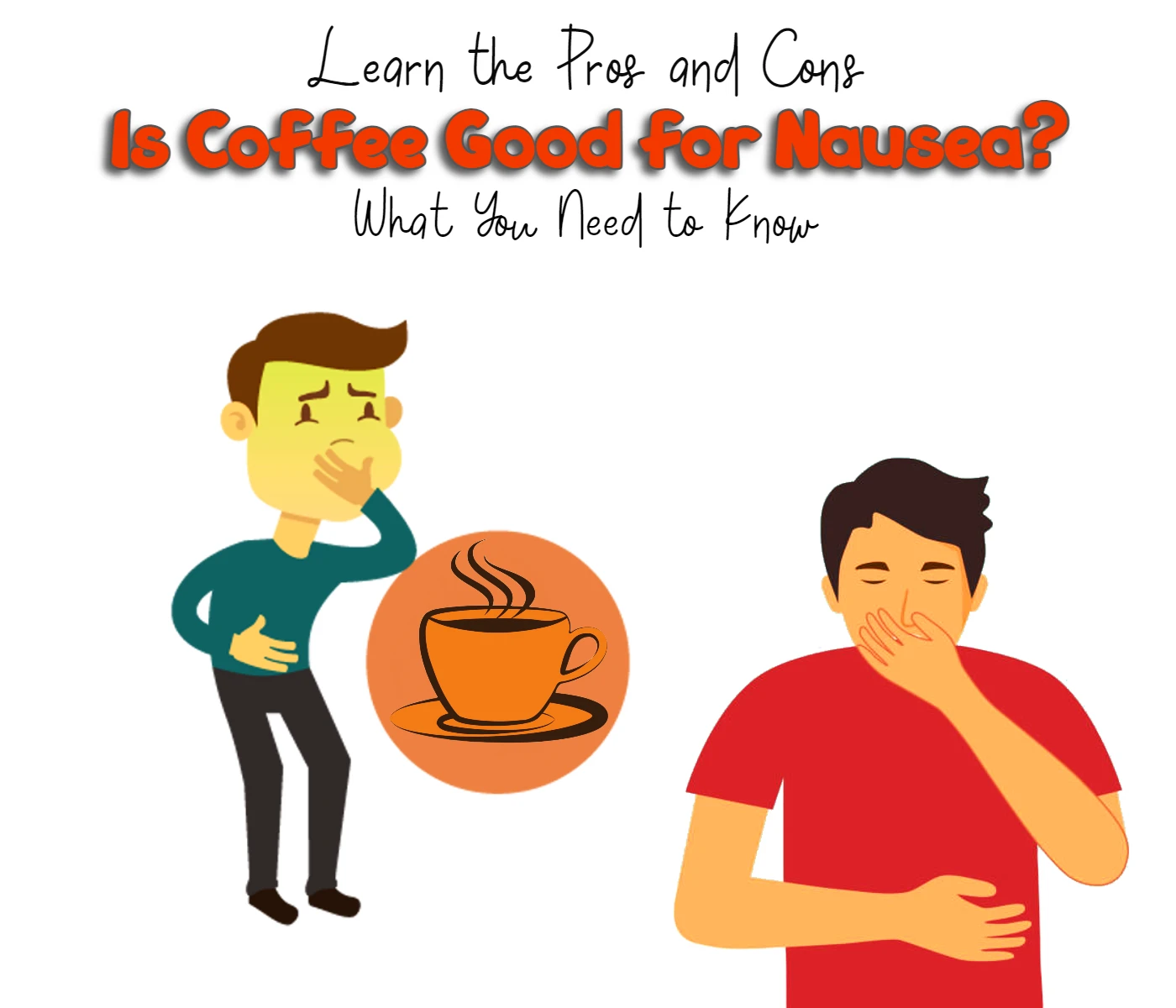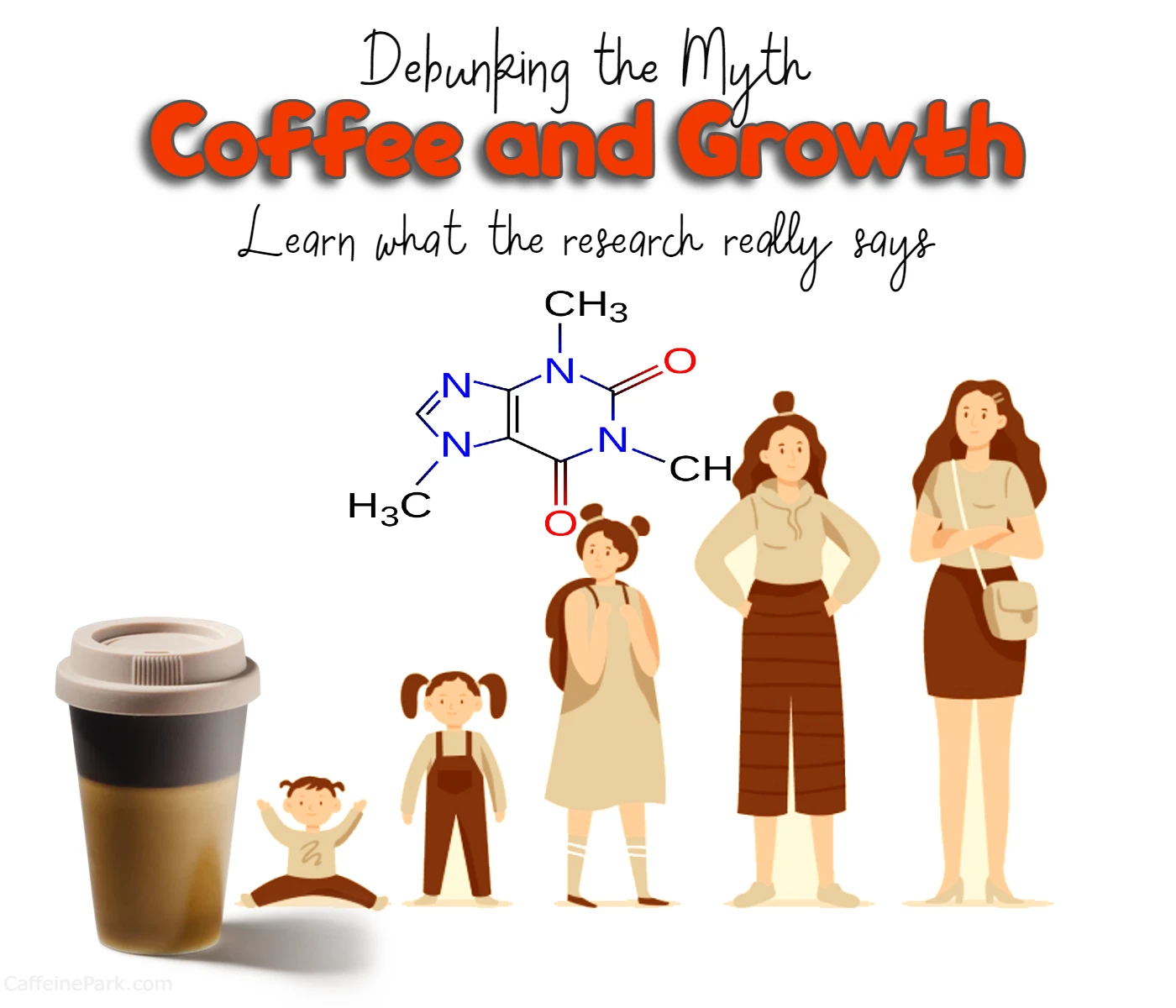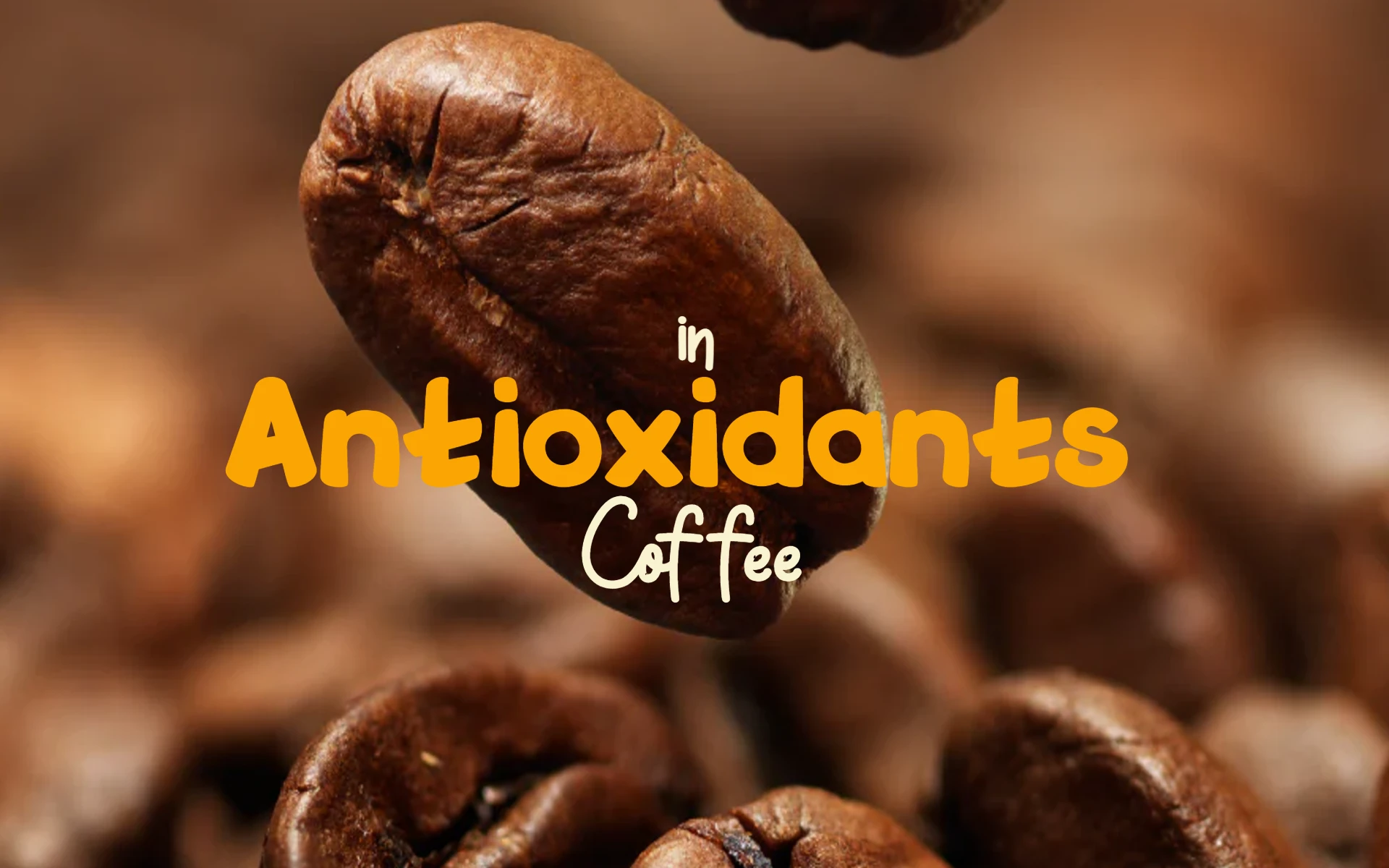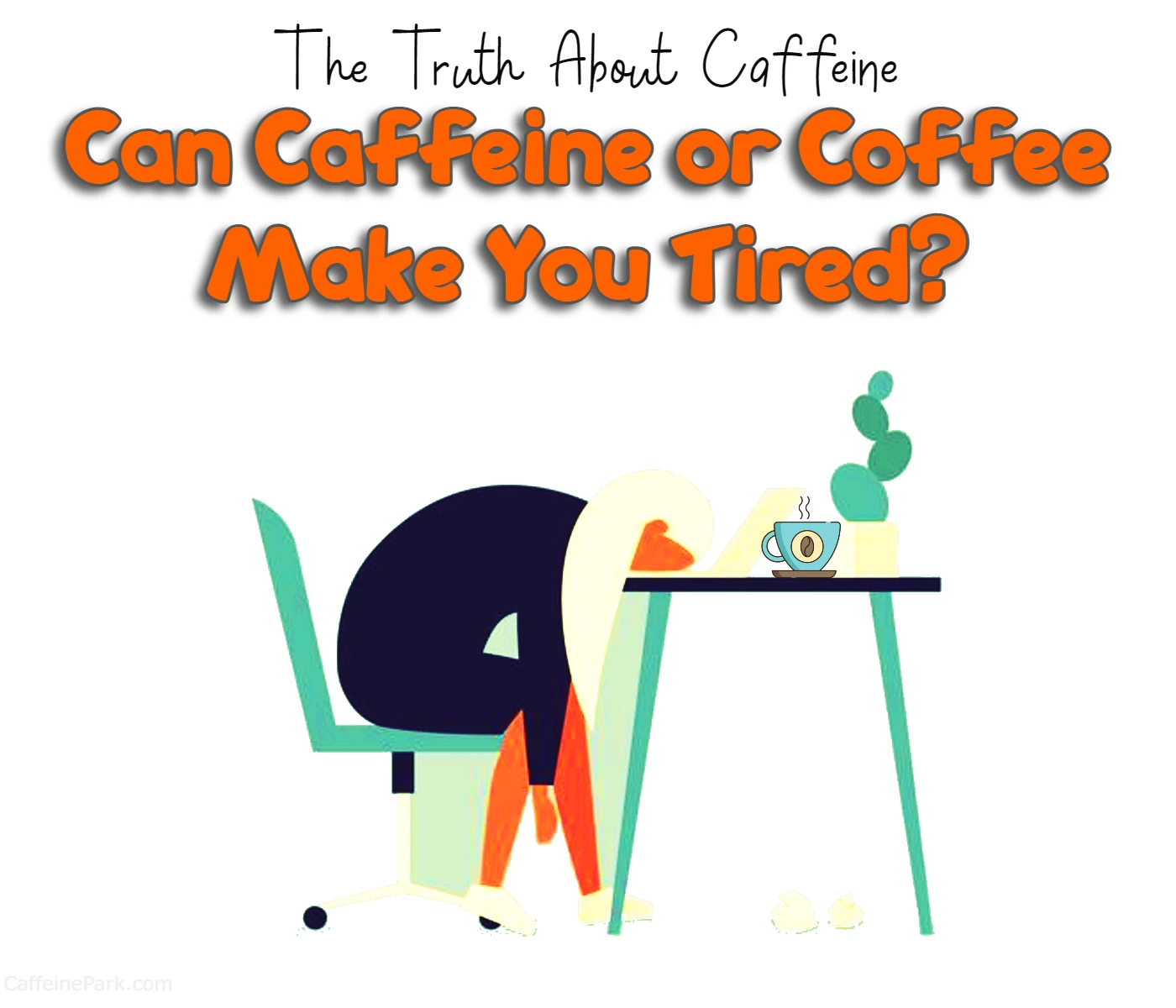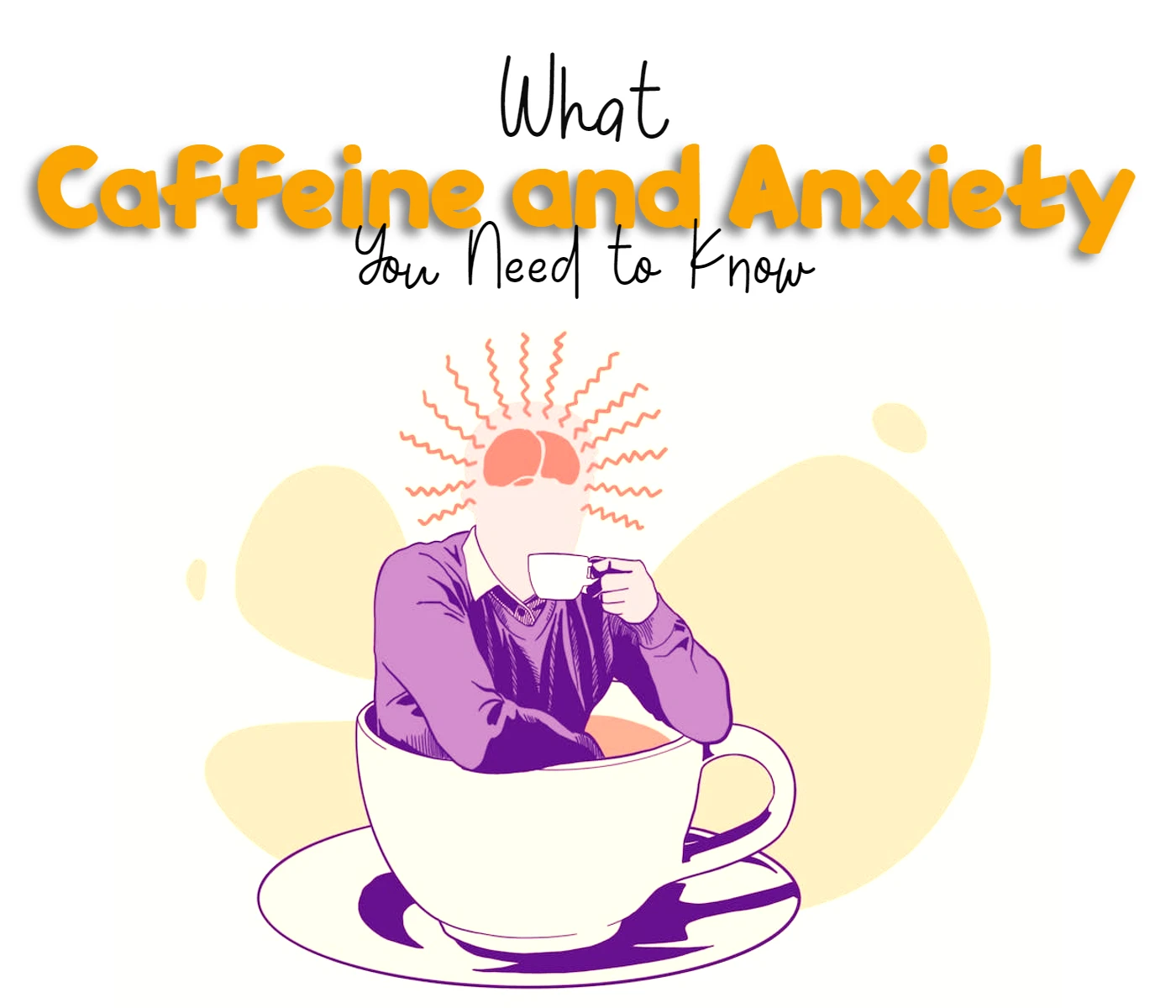
Hey there, coffee lovers and caffeine enthusiasts! Are you a daily coffee drinker who can’t function without your morning cup of Joe? Or maybe you enjoy an energy drink to give you an extra boost during the day? Well, have you ever stopped to think about how caffeine affects your mental health? Specifically, have you ever wondered if caffeine could cause anxiety?
In this blog, we’re going to explore the relationship between caffeine and anxiety. We’ll take a look at the scientific evidence and discuss how caffeine consumption can impact your mental health. Whether you’re someone who has struggled with anxiety or just someone who wants to better understand the effects of caffeine on the body, this blog is for you. So, grab a cup of coffee, and let’s dive in to learn more about caffeine and anxiety.
If you’re someone who loves caffeine, it’s essential to be aware of how much you’re consuming and how it affects your mental health. It’s easy to get carried away with multiple cups of coffee or energy drinks, but excessive caffeine intake can lead to symptoms similar to anxiety and sleep disorders, increasing hostility, anxiety, and even psychotic symptoms. So, if you’re experiencing any of these symptoms, it’s important to take a step back and evaluate your caffeine intake. By reading to the end of this blog, you’ll gain a better understanding of how much caffeine is safe to consume, the effects of caffeine on the body, and how to make the right choices for your mental health. So, let’s dive in and find out: does caffeine cause anxiety?
Caffeine and Anxiety – An Association
Studies have shown that there is an association between caffeine ingestion and mental health. In fact, the Diagnostic and Statistical Manual of Mental Disorders (DSM–5) currently lists four caffeine-related disorders, including caffeine-induced anxiety disorder.
When you consume caffeine, it blocks adenosine, a chemical in the brain that causes drowsiness, and it triggers the release of adrenaline, a hormone that increases energy. These effects can be beneficial in moderate amounts, but at high doses, they can lead to caffeine-induced anxiety.
Moreover, excessive caffeine consumption can lead to symptoms similar to psychiatric conditions, such as sleep and anxiety disorders, increasing hostility, anxiety, and even psychotic symptoms. So, if you are someone who suffers from anxiety, it’s important to be mindful of your caffeine intake.
Caffeine Mimics Anxiety Symptoms
Caffeine use can also mimic symptoms of anxiety. If you consume too much caffeine, you may experience nervousness, restlessness, trouble sleeping, a fast heart rate, and gastrointestinal problems. These symptoms can be similar to those experienced by people who suffer from anxiety.
In fact, according to Harvard Medical School, caffeine-induced symptoms can often be mistaken for anxiety. This can be a problem if you’re already struggling with anxiety as caffeine can make things worse.
Caffeine Withdrawal and Anxiety
If you consume caffeine regularly and suddenly stop, you may experience caffeine withdrawal symptoms. These symptoms can include headaches, anxiety, fatigue, depressed mood, difficulty concentrating, tremors, and irritability.
While caffeine withdrawal is not considered dangerous like withdrawal from opioids, it can still be challenging and distressing. It’s essential to be mindful of your caffeine consumption and try to cut back gradually, with the guidance of a healthcare professional if necessary.
How Much Caffeine is Too Much?
The amount of caffeine that can cause anxiety or other negative effects can vary depending on the individual’s sensitivity and the speed at which their body metabolizes caffeine. However, the U.S. Food and Drug Administration (FDA) recommends a maximum intake of 400 milligrams of caffeine per day for healthy adults, which is equivalent to about 4 cups of coffee.
It’s worth noting that caffeine content can vary widely between different types of beverages and foods. For example, an 8-ounce cup of decaf coffee contains 3-12 mg of caffeine, while an 8-ounce cup of plain black coffee contains 102-200 mg of caffeine.
It’s essential to be mindful of your caffeine consumption and try to stay within the recommended limits. If you have any concerns, it’s best to talk to your doctor.
Tips for Reducing Caffeine Intake
If you’re looking to reduce your caffeine intake, there are a few things you can do:
- Cut back gradually – reducing your caffeine intake too quickly can lead to withdrawal symptoms, including anxiety.
- Switch to decaf – decaf coffee and tea can provide the taste and experience without caffeine.
- Substitute with other beverages – there are many caffeine-free options available, such as herbal tea, water, and juice.
- Get enough sleep – if you’re feeling tired, try to get enough sleep instead of relying on caffeine to keep you going.
- Stay hydrated – drinking enough water can help you stay alert and focused, without the need for caffeine.
Final Thoughts
In conclusion, caffeine consumption is a personal choice and can have both positive and negative effects on mental health, particularly anxiety. While moderate caffeine intake can be safe and even beneficial for most people, excessive consumption may lead to anxiety symptoms. Caffeine withdrawal can also be distressing and lead to increased anxiety.
It’s important to be mindful of the amount of caffeine you consume and its effects on your mental health. If you experience symptoms of anxiety or feel that caffeine is making your anxiety worse, consider speaking to a healthcare professional about the right amount for you. Gradually reducing your caffeine intake, getting enough sleep and exercise, and staying hydrated can also help alleviate caffeine withdrawal symptoms.
Remember that everyone’s sensitivity to caffeine is different, and if you have any concerns, it’s always best to talk to a healthcare professional. With proper awareness and management, you can continue to enjoy your favorite caffeinated beverages while maintaining good mental health.
FAQs
Yes, caffeine can cause or exacerbate anxiety symptoms in some people, particularly those with anxiety disorders.
Caffeine blocks the brain’s chemical adenosine, which makes you feel tired while triggering the release of adrenaline, which increases energy. These effects can lead to caffeine-induced anxiety, particularly at high doses.
The symptoms of caffeine-induced anxiety can include nervousness, restlessness, trouble sleeping, a fast heart rate, and gastrointestinal problems. These symptoms can mimic those experienced by people with anxiety disorders.
The U.S. Food and Drug Administration (FDA) states that up to 400 milligrams of caffeine a day, which is about four cups of coffee, is safe for healthy adults. However, individual sensitivities to caffeine can vary.
If you suspect that caffeine is causing or worsening your anxiety, consider cutting back or eliminating it from your diet gradually. You may also want to speak to your doctor for personalized recommendations.
Read More:

